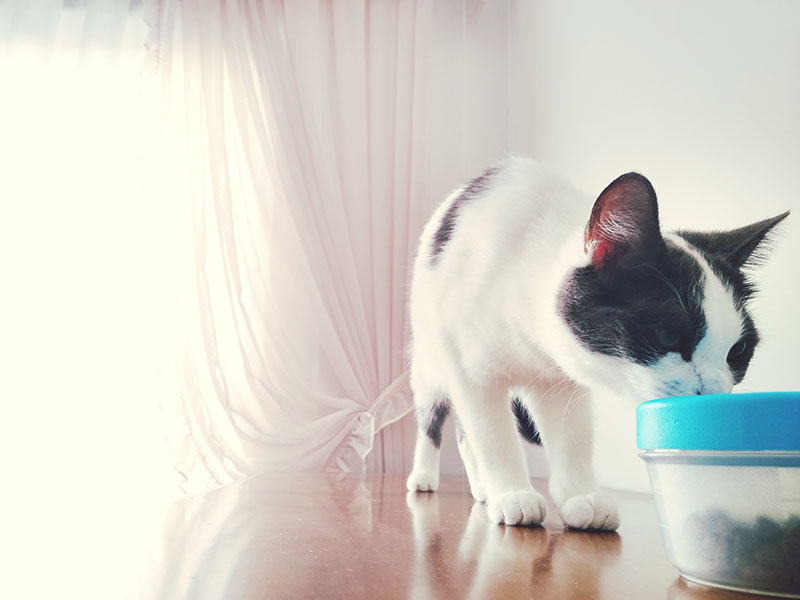
How Long Can Cats Go Without Eating Food & Survive?
Theoretically, cats could survive 1 or 2 weeks without food, provided they have water. However, any period longer than 24 hours is concerning. Cats will get significantly weaker the longer they don't get enough nutrition. After just 2-7 days without food, cats are at significant risk of hepatic lipidosis, a severe liver condition.
How Long Can A Tiger Survive Without Food PAROTE
Cats can survive up to two weeks without food as long as they have access to water, although they'll likely survive only three to four days even with water. "It's important to emphasize that if a cat goes for two days without food, it'll become malnourished and unwell," Dr. Sievert told The Dodo.

How Long Can A Cat Survive Without Food ProudCatOwners
01 Cats can survive typically for 1-2 weeks without food, but should never go without food for 24 hours. 02 A cat that is not eating needs to be taken to the veterinarian to see if an underlying health condition may be the cause. 03
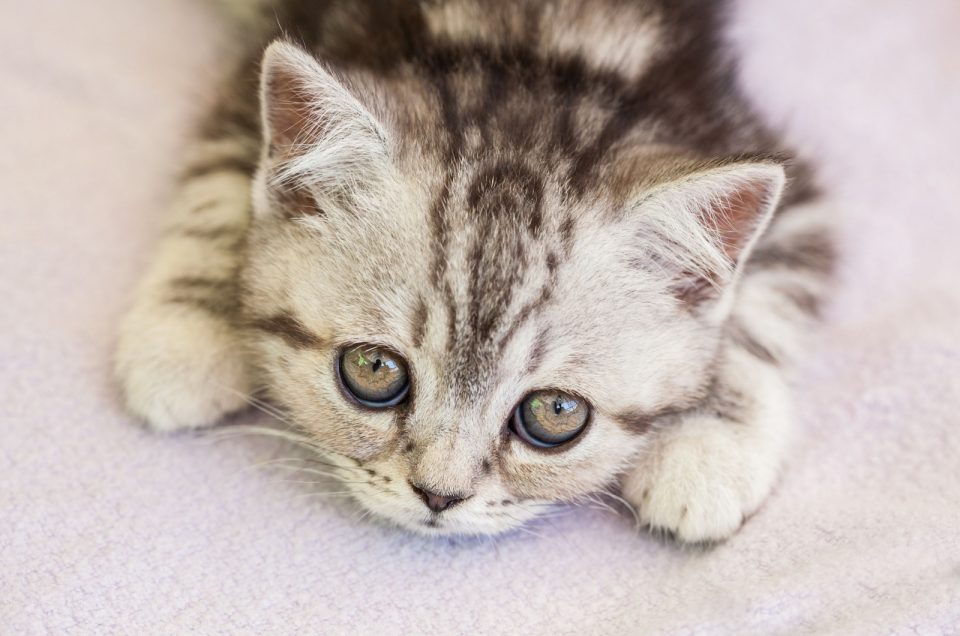
How Long Can Kittens Go Without Food? Everything You Need To Know!
The average cat can technically survive for one to two weeks without food if they have a water supply. However, without protein, it may be more like three to four days, even if they have enough water. With no water or food, it is unlikely that a cat would survive longer than three days. It is important to emphasise that when it comes to cat.

The Complete Guide to How Long Fish Can Survive Without Food Pet Grasp
Cats can go without food for two weeks and without water for three days. However, if your cat doesn't eat for 24 hours, it's a clue that you should monitor your cat for signs of sickness, pain, or a dislike for the current food. If your cat won't eat for one day but is drinking water, experts say they won't experience long-term medical effects.

How Long Can You Live Without Water? Facts And Effects To Survive
A kitten should eat every 2-3 hours, and if it is younger than 6 weeks old, it may need to eat even more often. Kittens need around 20 calories per day per kilogram of body weight. If a kitten is not getting enough calories, it will start to lose weight and may become malnourished. So, how long can a kitten go without eating?

5 Ways To Survive That Long Layover Long Layovers Solo Female Travel
How long can a kitten survive without food? A kitten's survival without food depends on various factors such as its age, health, and body condition. Newborn kittens typically need to nurse every few hours, while older kittens can go longer without food. However, it is crucial to provide regular, appropriate nutrition to ensure their growth.

How Long Can You Go Without Food Without Dying? Mortons on the Move
This process happens over several days. On average cats can go without food for anywhere between a week and two weeks, but that heavily depends on the amount of water they're drinking and their overall health. Other essential factors that influence the survival rate are: Age. Weather.
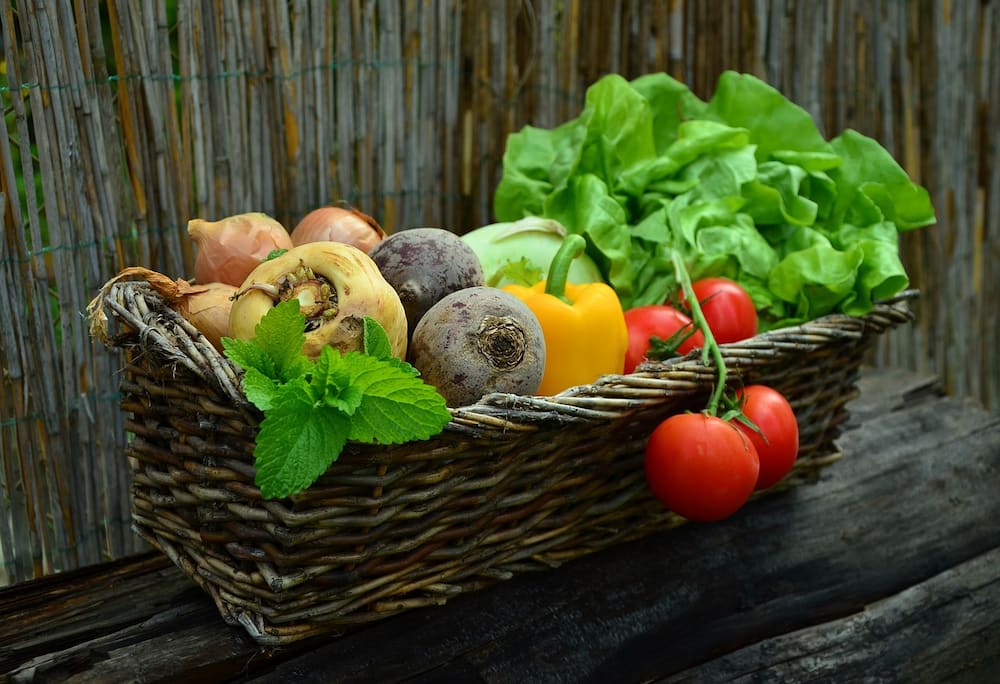
How Long Can You Survive Without Food? What Affects Survival Rock
While cats can survive up to 2 weeks without food, it is not healthy for them. However, if they are not drinking water, they will only survive for 3 or 4 days.. Kittens will not survive long without food and water. At most, the average kitten will survive 2 days without food. But even after a day without food, a kitten will suffer extreme.
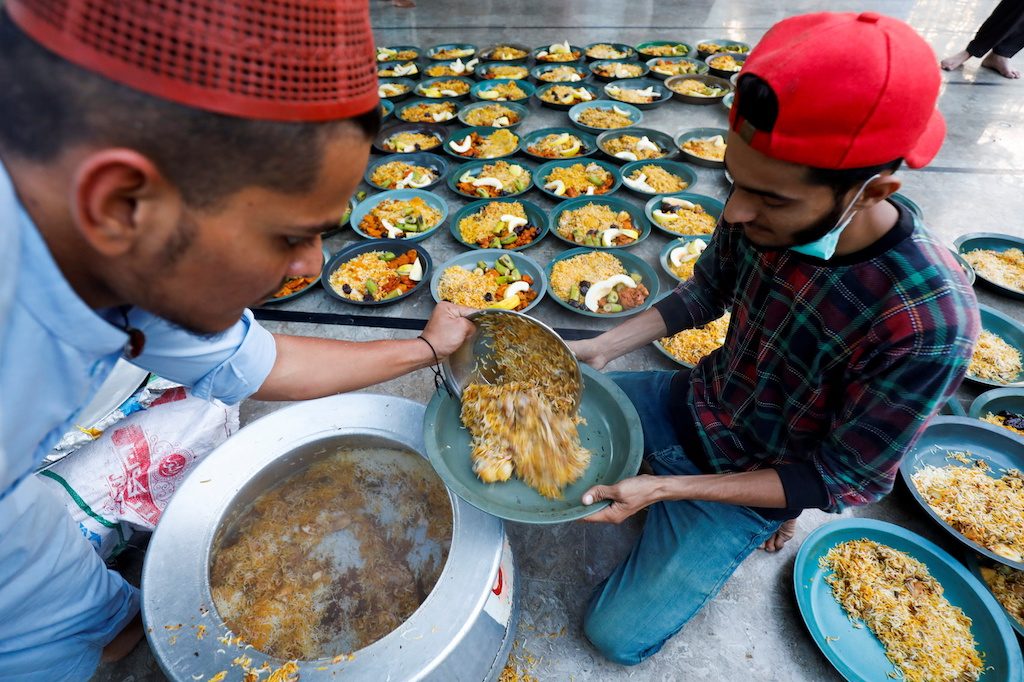
Navalny has been on hunger strike for over 3 weeks. How long can humans
How long can kittens go without food? Cats can go up to two weeks without eating as long as they have access to water, but even then, they'll probably only last three to four days. It is crucial to stress that a cat can become malnourished and ill if they go without food for even two days when it comes to cat health.
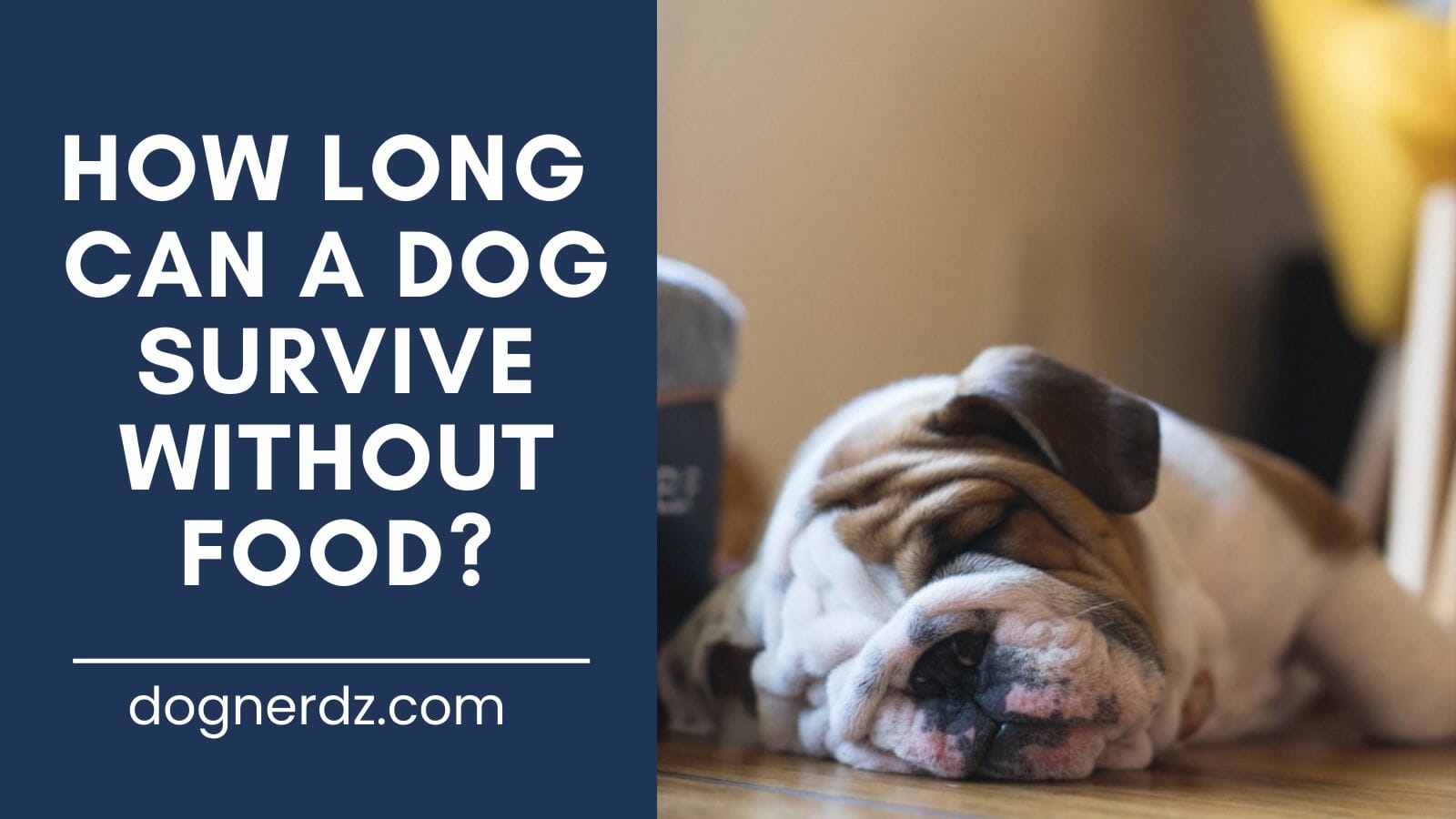
How Long Can A Dog Survive Without Food? Dog Nerdz
How Long Should a Cat Go Without Eating? Here are five vet-approved tips to ensure you've perfected your favorite feline's feeding routine. By Lauren Corriher Updated on July 13, 2022 In This Article Eliminate All-Day Grazing Keep a Close Eye if Your Cat Won't Eat Schedule Visits When You're Away Try a Test Run Before Departing

How Long Can A Cat Survive Without Food Cats, Cat health problems
How long can kittens go without food? For most cats, their survival rate without food is around 4 days. However, hardy kittens can endure a maximum of one week of starvation. If you're worried about your kitten not eating, you must know what to do. table of contents Conditions that may lead to kitten starvation 1. The mother isn't around 2.

How Long Can Kittens Go Without Food (Before It’s Alarming)?
Most kittens won't survive 3 days without food or water. Newborn kittens can't survive more than 12 hours without food, and even old kittens at the weaning stage cannot survive more than 3 or 4 days max. If they do manage to survive, these kittens are usually in very bad condition, starving, and require immediate veterinary help.
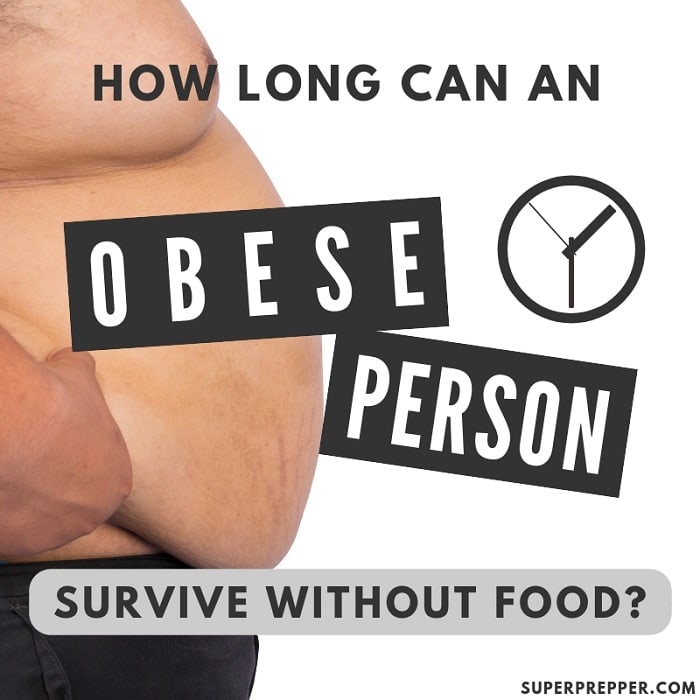
How Long Can an Obese Person Survive Without Food?
last updated 2 August 2023 How long can cats go without food? Our expert vet Dr. Joanna Woodnutt has the answer (Image credit: Getty Images) Jump to: How long can cats go without food? Why has my cat stopped eating? How long should I wait to see my vet? Tricks to get your cat to eat Hepatic Lipidosis in cats How long can cats go without food?
How long can a 2monthold kitten survive without food/water? Quora
How Long Can Cats Go Without Food? A Definitive Guide By Charles Grisham | Updated September 01, 2023 Reviewed by: Ivana Crnec, DVM If you buy something from a link on our site, we may earn a commission. See our advertising disclosure. Why is My Cat Not Eating? Your cat may not be eating for a number of reasons.
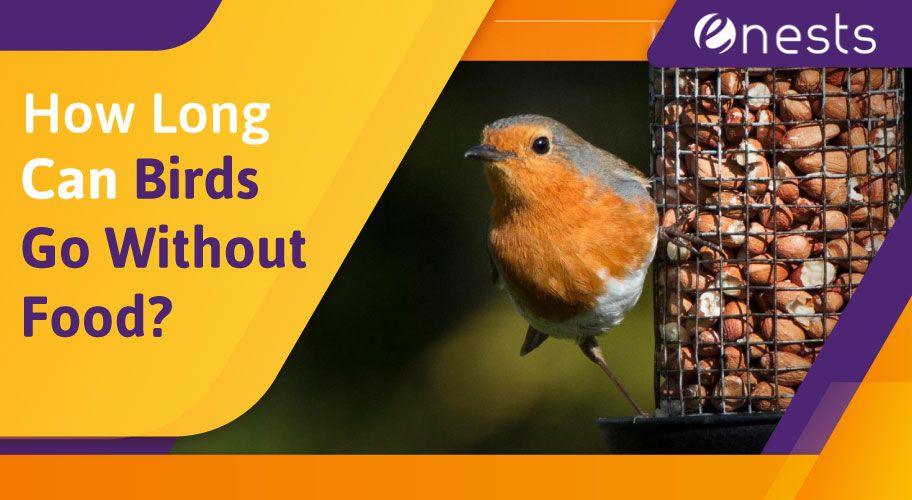
How Long Can Birds Go Without Food?
How Long Can Cats Survive Without Food? On average, cats can survive without food for up to two weeks as long as they have access to a clean water supply. However, even if they do survive that long, they are still likely to be seriously ill and in need of immediate veterinary care.